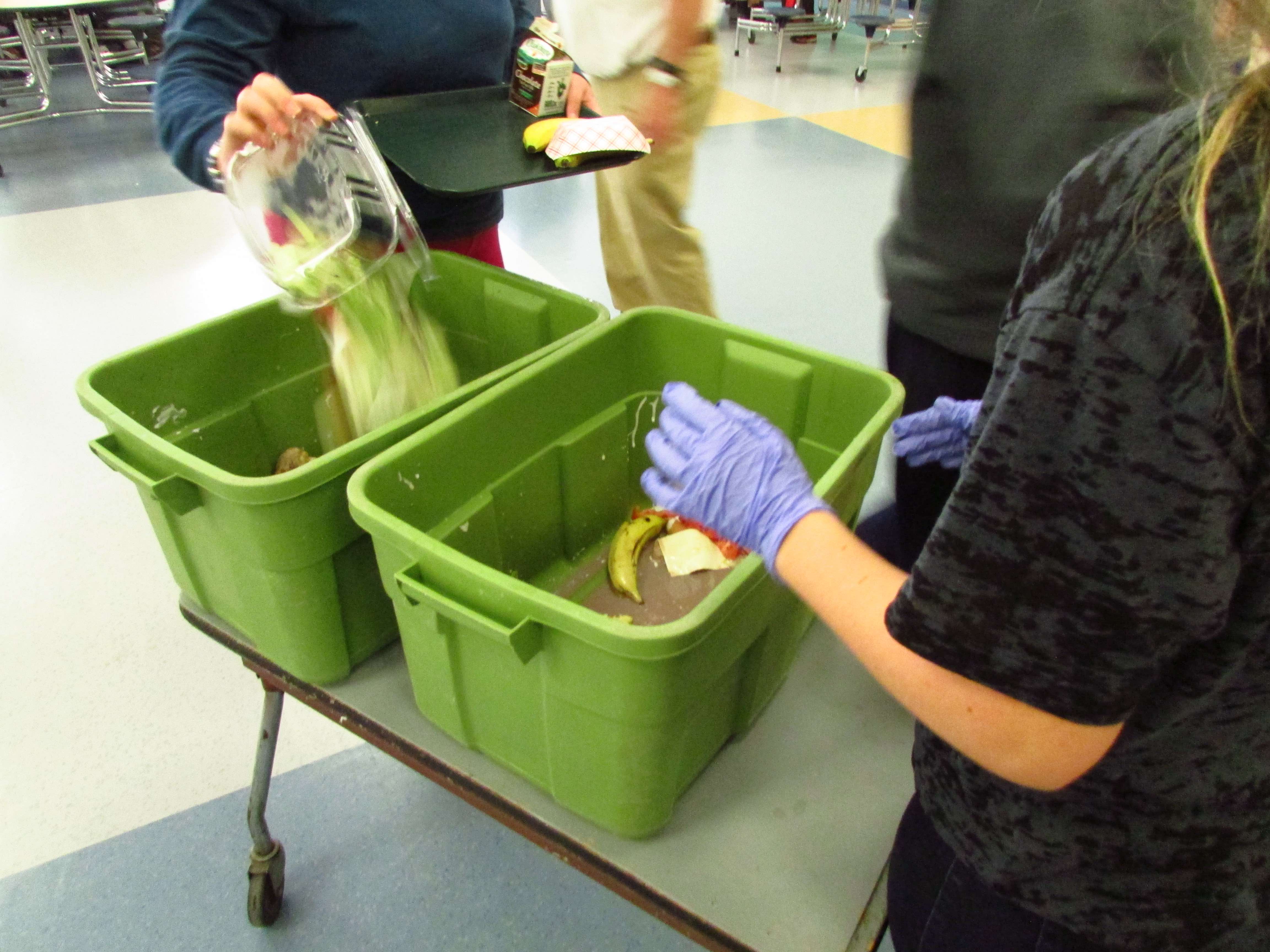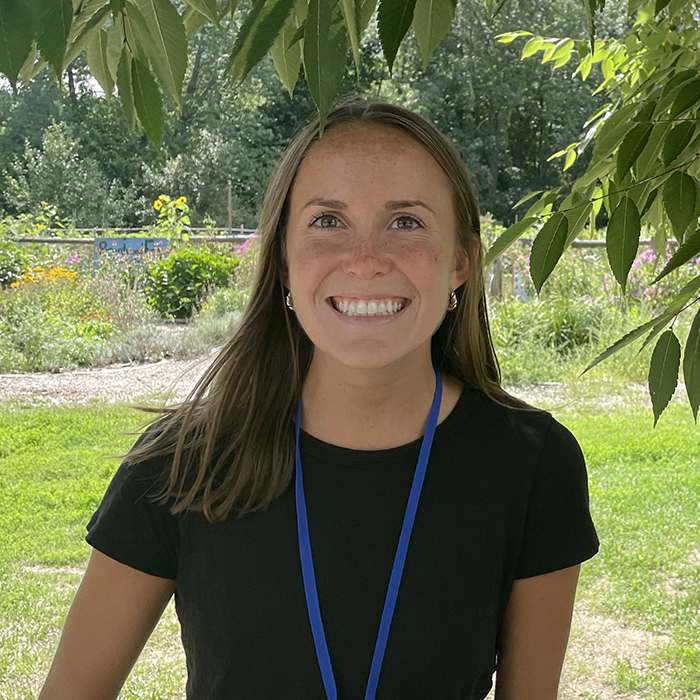Eddie Nachamie: Environmental advocate wins prestigious scholarship
From the gardens to the farms and forests, Eddie Nachamie has dedicated his undergraduate career toward protecting the environment. At the University of Maine, he has worked on projects to reduce food waste, preserve wild blueberries and mitigate the spread of a group of chemicals known as PFAS. As a result of his efforts, Nachamie […]
Susanne Lee and Travis Blackmer to present at first Green Schools Symposium
Susanne Lee and Travis Blackmer will present on their work to reduce wasted food in school cafeterias at Maine’s first-ever Green Schools Symposium. This statewide event will take place on November 7, 2025 at Thomas College, Waterville, ME. Organized by the Maine Department of Education, the symposium will celebrate innovative stories of climate leadership in […]
Heather Leslie discusses Maine oyster comeback with Civil Eats
Wild oysters have returned to Maine after nearing extinction almost 100 years ago. Professor Heather Leslie, a marine conservation scientist and Mitchell Center faculty fellow, spoke with Civil Eats to explain what might be happening to cause the growth in their presence. A recent Civil Eats article tells the comeback story of oysters to the […]
Road to Solutions

Senator George J. Mitchell
…the ethos of the Mitchell Center’s work reflects one of my deepest beliefs: the importance of public service. The many faculty and students involved in the Mitchell Center have committed themselves to a goal larger than their individual lives: the goal of helping to build a better world starting right here in our own communities in our own state.






